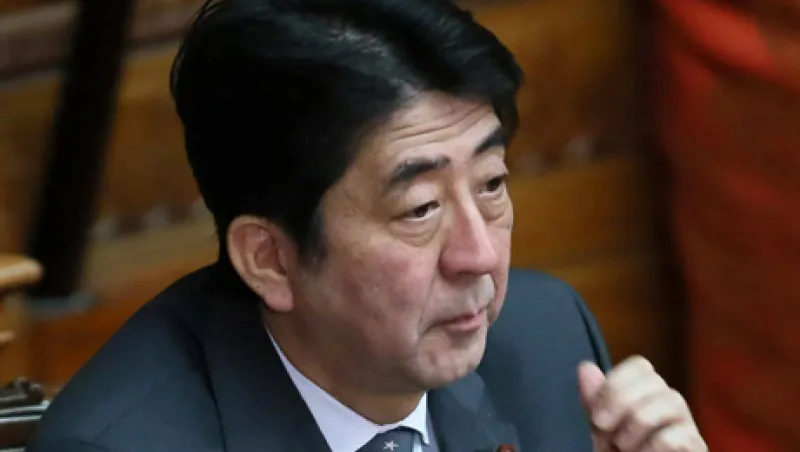
The Abe Effect: A Boost for Japanese Stocks but How Long Will It Last?
The prime minister’s ambitious reflation policies have weakened the yen and boosted stocks, but deeper reforms are needed to sustain the momentum.
David Turner
February 26, 2013


